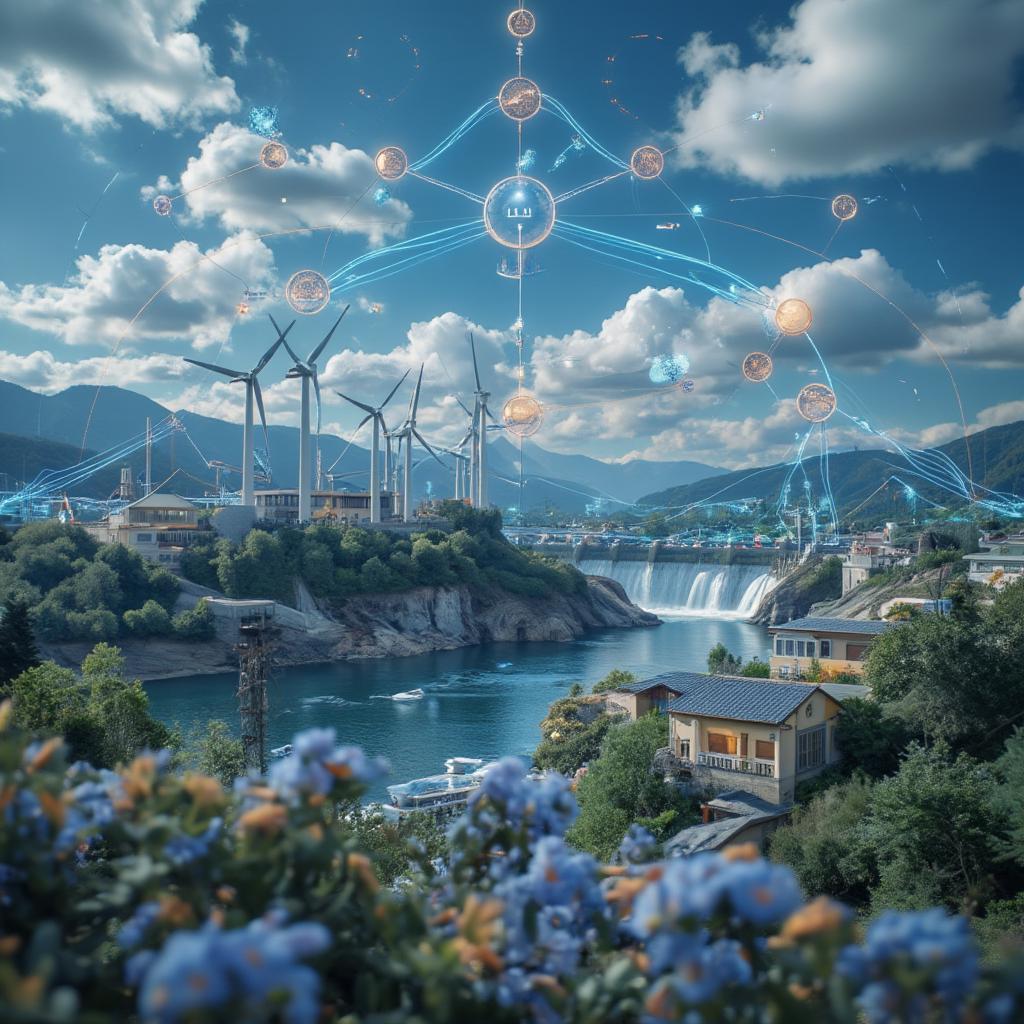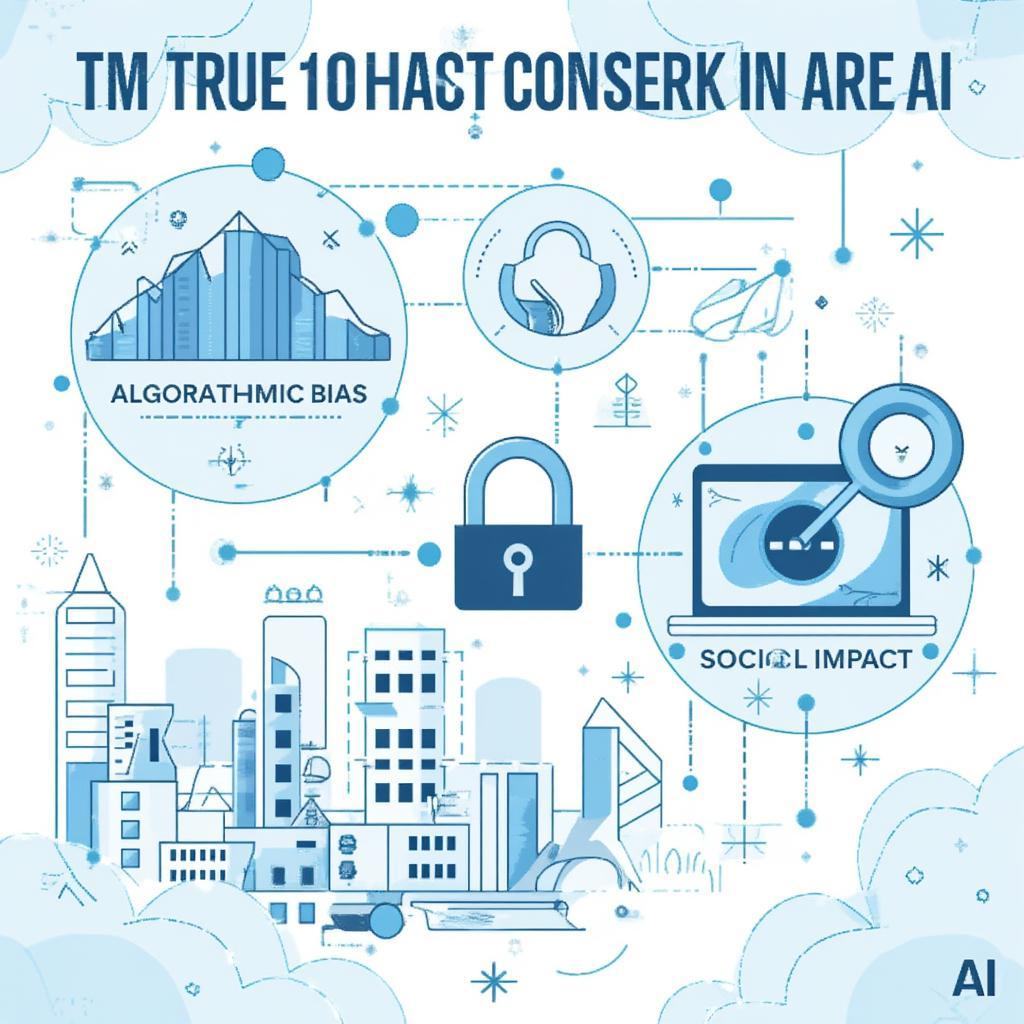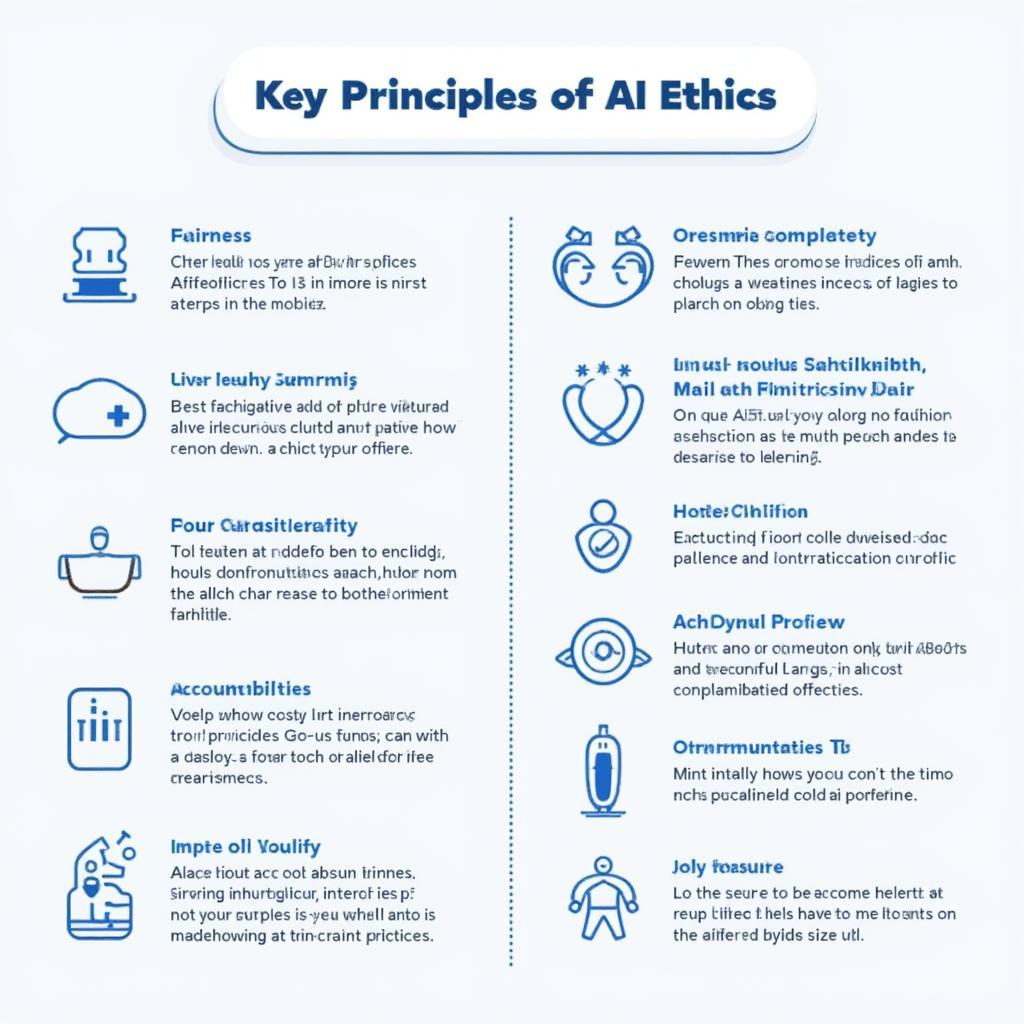AI in Renewable Energy: A Sustainable Revolution

AI is rapidly transforming the renewable energy sector, optimizing efficiency and driving innovation. From smart grids to predictive maintenance, AI’s applications are revolutionizing how we generate, distribute, and consume clean energy. This convergence is crucial for achieving a sustainable future, mitigating climate change, and ensuring energy security.
Optimizing Energy Generation with AI
AI algorithms excel at analyzing vast datasets and identifying patterns that humans might miss. In renewable energy generation, this capability is invaluable. For example, in solar power, AI can predict the optimal angle for solar panels based on weather patterns and sun position, maximizing energy capture. Similarly, in wind energy, AI can analyze wind speed and direction data to adjust turbine blades in real-time, optimizing energy output and reducing wear and tear. This level of precision not only enhances efficiency but also extends the lifespan of renewable energy infrastructure. AI’s ability to forecast energy production based on weather patterns also allows grid operators to better balance supply and demand, reducing reliance on fossil fuel-based backup power.
AI-Powered Predictive Maintenance for Renewable Energy Systems
Unexpected downtime can significantly impact the profitability and reliability of renewable energy projects. AI-driven predictive maintenance systems leverage machine learning to analyze sensor data from turbines, solar panels, and other equipment, identifying potential issues before they lead to failures. By predicting when maintenance is needed, operators can minimize downtime, reduce repair costs, and optimize the performance of their assets. This proactive approach ensures a consistent and reliable supply of clean energy. Early detection of potential problems also contributes to safety, preventing catastrophic failures that could pose risks to personnel and the environment.
Enhancing Grid Management with AI
The intermittent nature of renewable energy sources like solar and wind presents challenges for grid stability. AI can help address these challenges by optimizing grid management. AI-powered smart grids can predict energy demand, optimize energy storage, and balance energy flow in real-time. This ensures a stable and reliable energy supply even when renewable energy generation fluctuates.
AI for Smart Grids: Balancing Supply and Demand
By analyzing historical energy consumption data and real-time weather information, AI can accurately predict energy demand. This allows grid operators to proactively adjust energy generation and distribution, ensuring a consistent supply of power. AI can also optimize the use of energy storage systems, charging them during periods of high renewable energy generation and discharging them during periods of peak demand. This intelligent management of energy resources reduces reliance on fossil fuels and enhances grid resilience. 
AI Driving Innovation in Renewable Energy
Beyond optimizing existing technologies, AI is also driving innovation in the renewable energy sector. Researchers are exploring the use of AI in the development of new materials for solar panels and batteries, potentially leading to significant improvements in efficiency and cost-effectiveness. AI is also being used to optimize the design of wind turbine blades and other components, further enhancing energy capture. This continuous innovation is crucial for accelerating the transition to a sustainable energy future.
AI and the Future of Renewable Energy Materials
The development of new materials with improved performance characteristics is essential for advancing renewable energy technologies. AI can accelerate this process by analyzing vast databases of materials properties and identifying promising candidates for further research. This data-driven approach can significantly reduce the time and cost associated with developing new materials, leading to faster innovation cycles and more efficient renewable energy solutions.
Addressing the Ethical Considerations of AI in Renewable Energy
While the potential benefits of Ai In Renewable Energy are immense, it’s crucial to address the ethical considerations associated with its implementation. Ensuring data privacy, addressing potential biases in algorithms, and promoting transparency in AI decision-making are essential for building public trust and ensuring equitable access to the benefits of this technology. The responsible development and deployment of AI in the renewable energy sector is crucial for maximizing its positive impact on society and the environment. Similar to sky news technology, advancements in this field necessitate careful ethical consideration.
Building a Sustainable Future with Responsible AI
The convergence of AI and renewable energy holds immense promise for creating a sustainable future. By leveraging the power of AI, we can optimize the efficiency of renewable energy technologies, enhance grid stability, and accelerate innovation. However, it’s essential to approach this transformation responsibly, addressing the ethical considerations and ensuring that the benefits of AI are shared equitably. The convergence of technology and sustainability echoes trends observed in technology news 2022, highlighting the ongoing evolution of this critical intersection.
Conclusion
AI is revolutionizing the renewable energy sector, paving the way for a more sustainable and efficient energy future. By optimizing energy generation, enhancing grid management, and driving innovation, AI is accelerating the transition to a clean energy economy. Addressing the ethical considerations associated with AI implementation is crucial for ensuring that this transformation is both sustainable and equitable. AI’s role in renewable energy is not just about technological advancement, but about building a future where clean energy is accessible to all and contributes to a healthier planet.




